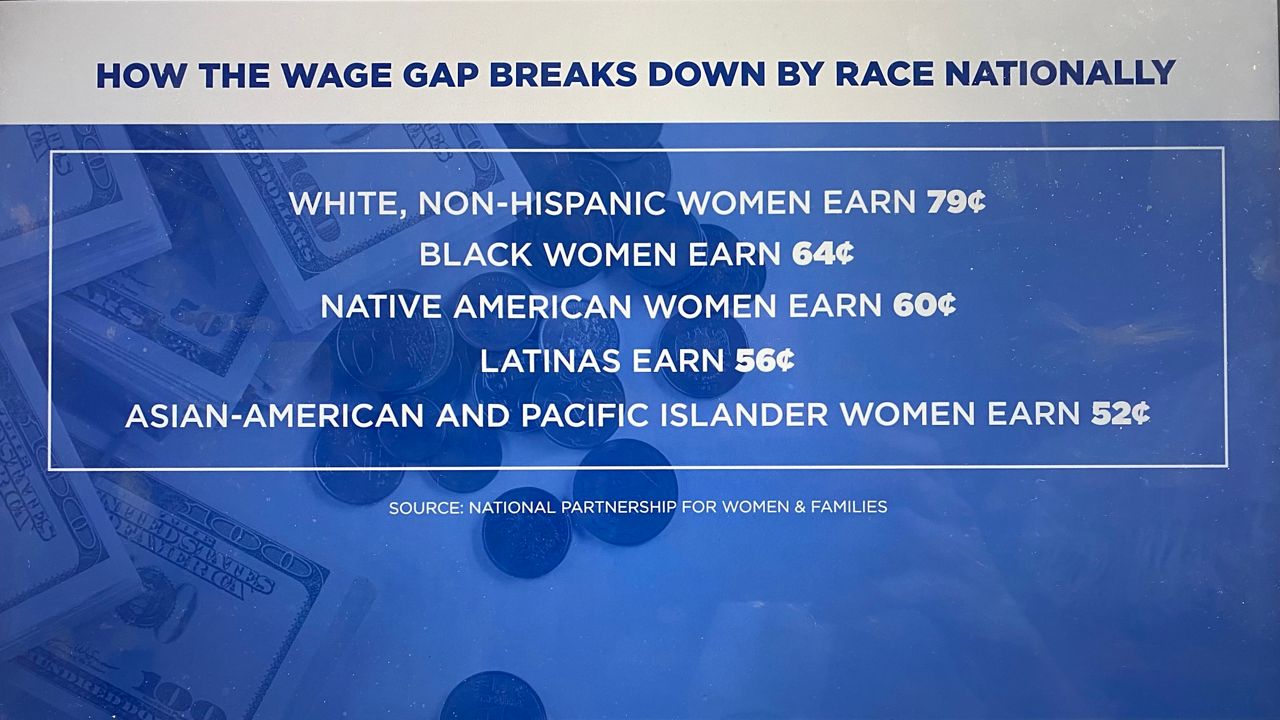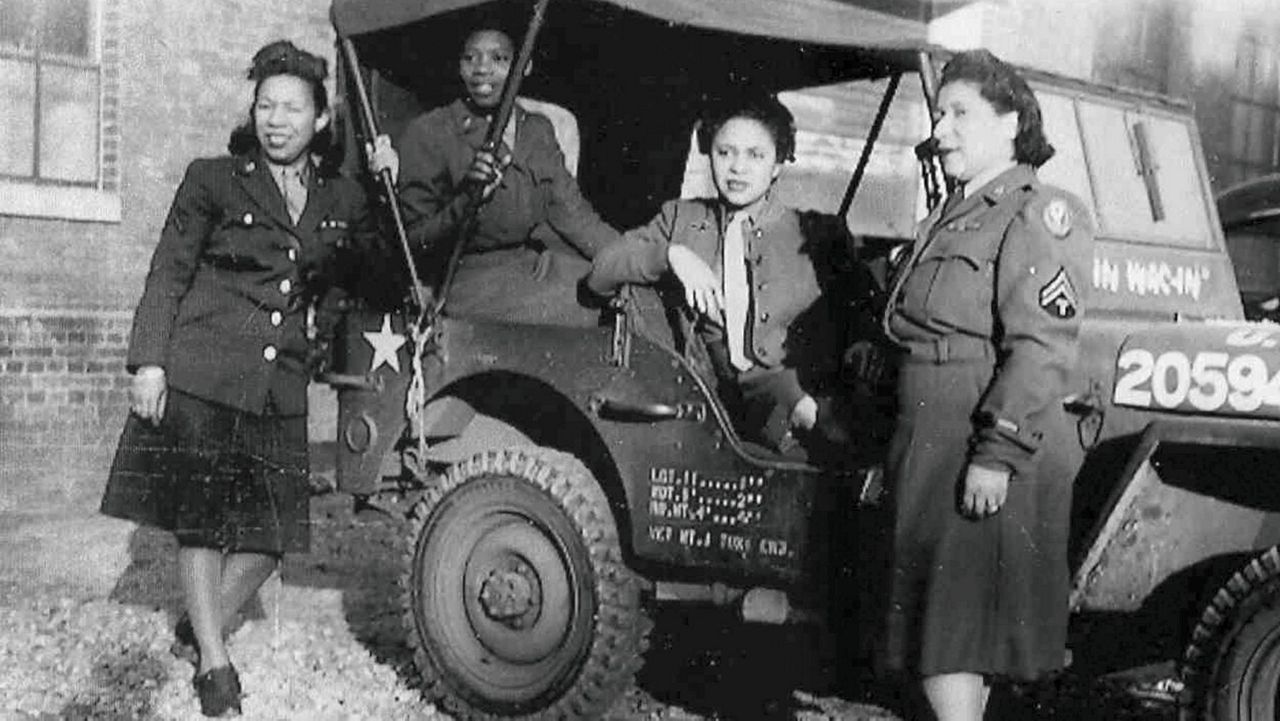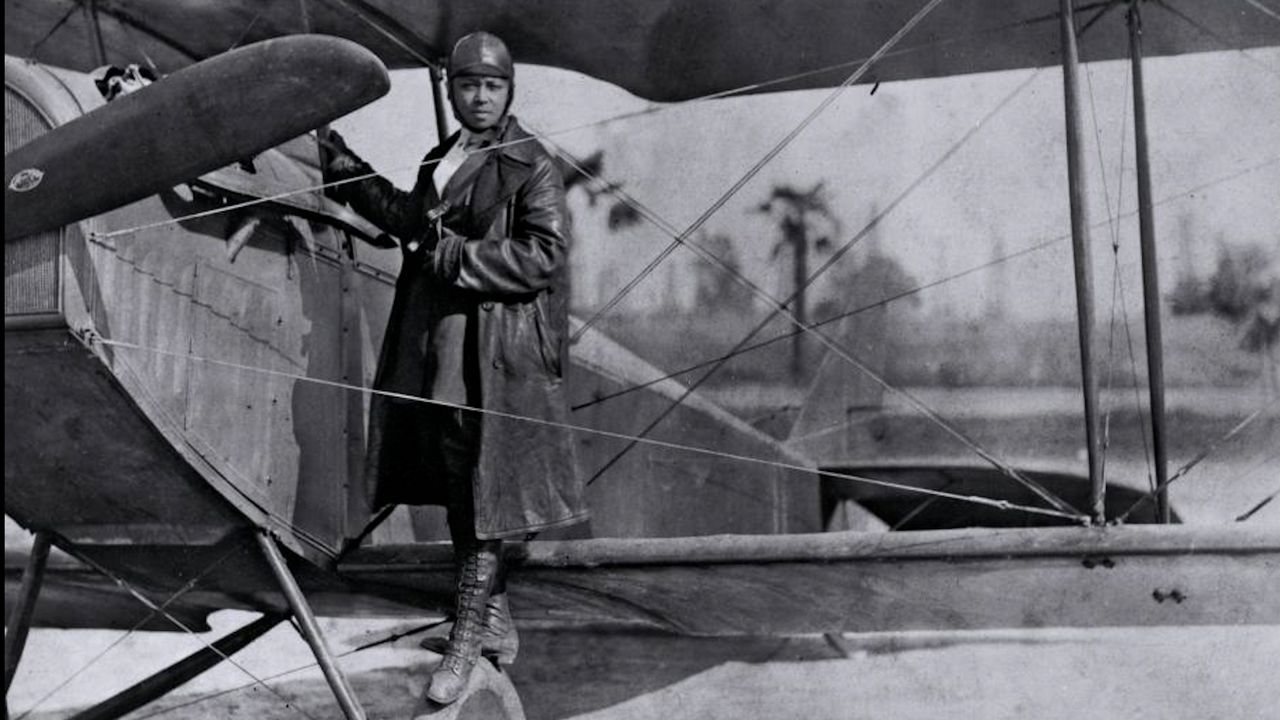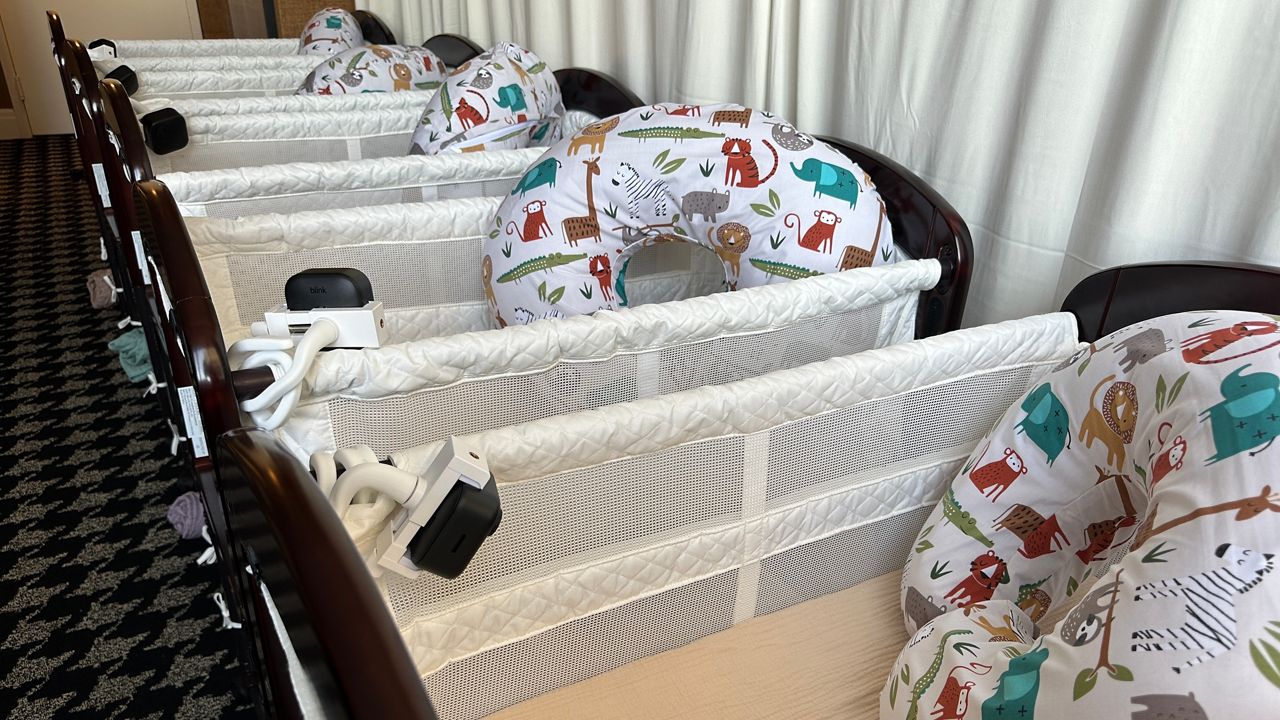MADISON COUNTY, N.C. — March marks Women's History Month, along with Equal Pay Day observed on March 15. But some say this day is not a reason to celebrate but motivation to keep evening the playing field.
According to the United States Census Bureau's latest survey information from 2019, men in North Carolina earned an average of $48,941 per year. Women earned $40,694. It's a difference of $8,247.
Equal Pay Day is observed this year on March 15
The date changes year to year, because it represents how far into the year a woman must work in order to earn what a man earned in the previous year
Latest statistics from the U.S. Census Bureau show that in 2020 women made 83 cents compared to every dollar earned by men
While the wage gap is narrowing, it's important to remember that a difference still continues. It's why people like Ana Pardo with the North Carolina Justice Center continue to fight for equal wages.
Pardo is the nonprofit's co-director for the Worker's Rights Project, where she ensures everyone has access to safe workplaces and fair treatment, including making sure women are getting paid equally.
"I don't have a lot of instances in my working life where I can point to and say, 'Yeah in this situation, I know I was being paid significantly less than a white colleague, or male colleague," Pardo said. "But the data bares out that it's almost certainly something that was going on at various points in my career.”
And data from the U.S. Census Bureau backs that up. Statistics from 2020 show nationally, women made 83 cents compared to every dollar earned by men. And that amount changes depending on race.

Among women who hold full-time, year-round jobs in the U.S., for every dollar a white, non-Hispanic men makes, white, non-Hispanic women make 79 cents, Black women make 64 cents, Native-American women make 60 cents, Latinas make 56 cents and Asian American and Pacific Island women make 52 cents. That's according to the National Partnership for Women and Families. Those numbers are frustrating to Pardo, who identifies as Latina.
“At the rate we're going with the equal pay issue, my nieces, daughters and granddaughters are still likely to get paid less than their counterparts doing the same work, regardless of how competent they are simply for the fact of their gender and their race," Pardo said. "That is something that should infuriate every thinking person.”“At the rate we're going with the equal pay issue, my nieces, daughters and granddaughters are still likely to get paid less than their counterparts doing the same work, regardless of how competent they are simply for the fact of their gender and their race," Pardo said. "That is something that should infuriate every thinking person.”
North Carolina has a law on the books called the Equal Pay Act of 1963. It was meant to protect women from pay discrimination in the workplace. But it hasn't stopped it from happening.
Tina Haver Currin, is a writer and outdoor enthusiast based in Madison County. She used to work for a company in Raleigh. She found out she was being paid $23,000 less than a male co-worker for a job where they were splitting responsibilities 50/50.
She said she would take the job, but do a fractional share since she was being paid less. Eventually she took her case to the North Carolina Equal Employment Opportunity Commission.
"I started a case and it turns out that because I agreed to do a fractional share of the job, I didn't have a case," Currin said. "Had I agreed to take the position full time and been paid 20 grand less, I would have had a case. But since I was trying to stand up for myself in the way I thought would be helpful, I kind of shot myself in the foot," she said.
She ended up quitting that job and pursing other opportunities. It's that reason Pardo says we need to do more to help women.
In 2021, Gov. Roy Cooper signed an executive order, that banned the use of salary histories for state agencies that were in the hiring process. Those numbers are often a tool that's can be used to prevent people from making a certain amount.
Pardo says she encourages employees to talk about their salaries to make sure they are being paid equally.
"The only reason an employer would want you to not talk to your co-workers about how much you're being paid is because they don't want unfair practices to be uncovered," Pardo said. "They don't want their employees to know that folks aren't being paid fairly."










